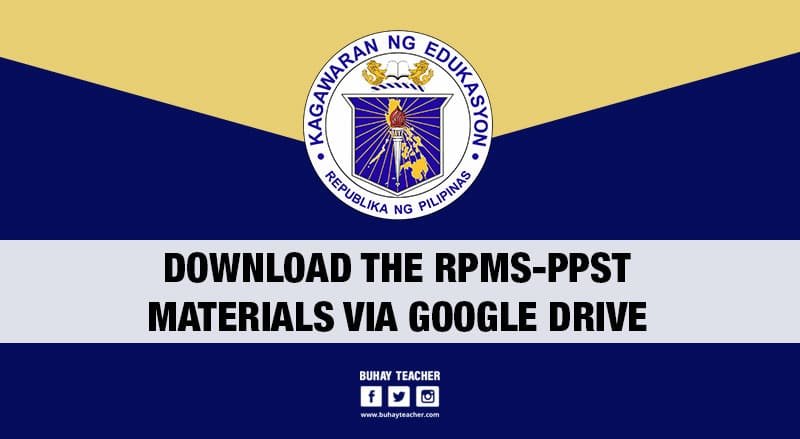Professional standards for teachers
The Philippine Government has consistently pursued teacher quality reforms through a number of initiatives. As a framework of teacher quality, the National Competency-Based Teacher Standards (NCBTS) was institutionalized through CHED Memorandum Order No. 52, s. 2007 and DepED Order No. 32, s. 2009. It emerged as part of the implementation of the Basic Education Sector Reform Agenda (BESRA), and was facilitated by drawing on the learning considerations of programs, such as the Basic Education Assistance for Mindanao (BEAM), the Strengthening Implementation of Visayas Education (STRIVE) project and the Third Elementary Education Project (TEEP).

The K to 12 Reform (R.A. 10533) in 2013 has changed the landscape of teacher quality requirements in the Philippines. The reform process warrants an equivalent supportive focus on teacher quality – high quality teachers who are properly equipped and prepared to assume the roles and functions of a K to 12 teacher.
PPST-aligned RPMS tools
The RPMS tools pertain to the two different teacher performance assessment instruments, one for Teacher I to III (Proficient Teachers) and another for Master Teacher I to IV (Highly Proficient Teachers).
Each tool describes the duties and responsibilities of teachers across career stages, the Key Result Areas (KRAs) for the realization of those duties, and the specific objectives to attain the KRAs. It further presents in detail the various Means of Verification (MOV) that serve as proof of the attainment of specific objectives alongside performance indicators, from outstanding to poor performance.
IPCRF-ready
These tools are practical to use, give preference to quality over quantity, ensure teacher effectiveness, and motivate professional growth and development. This set of RPMS tools were made by and for the teachers, resolving the issues of teachers having difficulty coming up with their IPCRF and compiling irrelevant and voluminous MOVs, and ensuring that their performance and practice of teaching are measured through standardized and objective manner.
It is important to note that with the development of these tools, teachers shall no longer craft/develop their own Individual Performance and Commitment Review Form (IPCRF) in view of the developed RPMS tools in the Manual allowing them to focus on teaching.
Source: Department of Education Philippines Facebook Page



